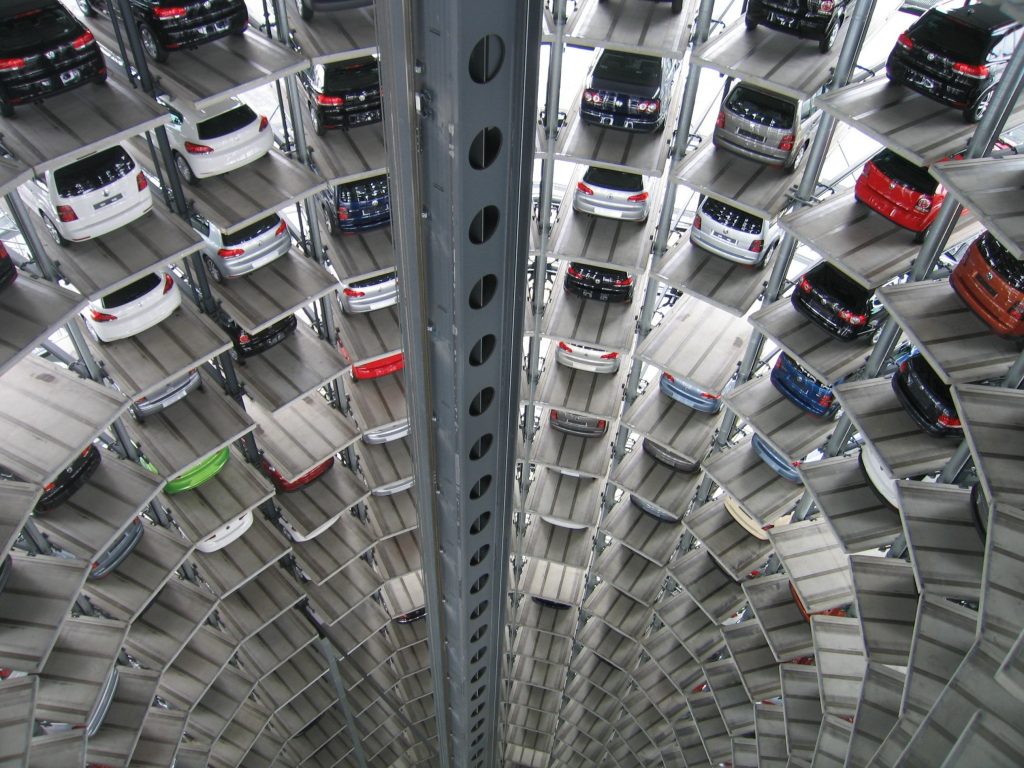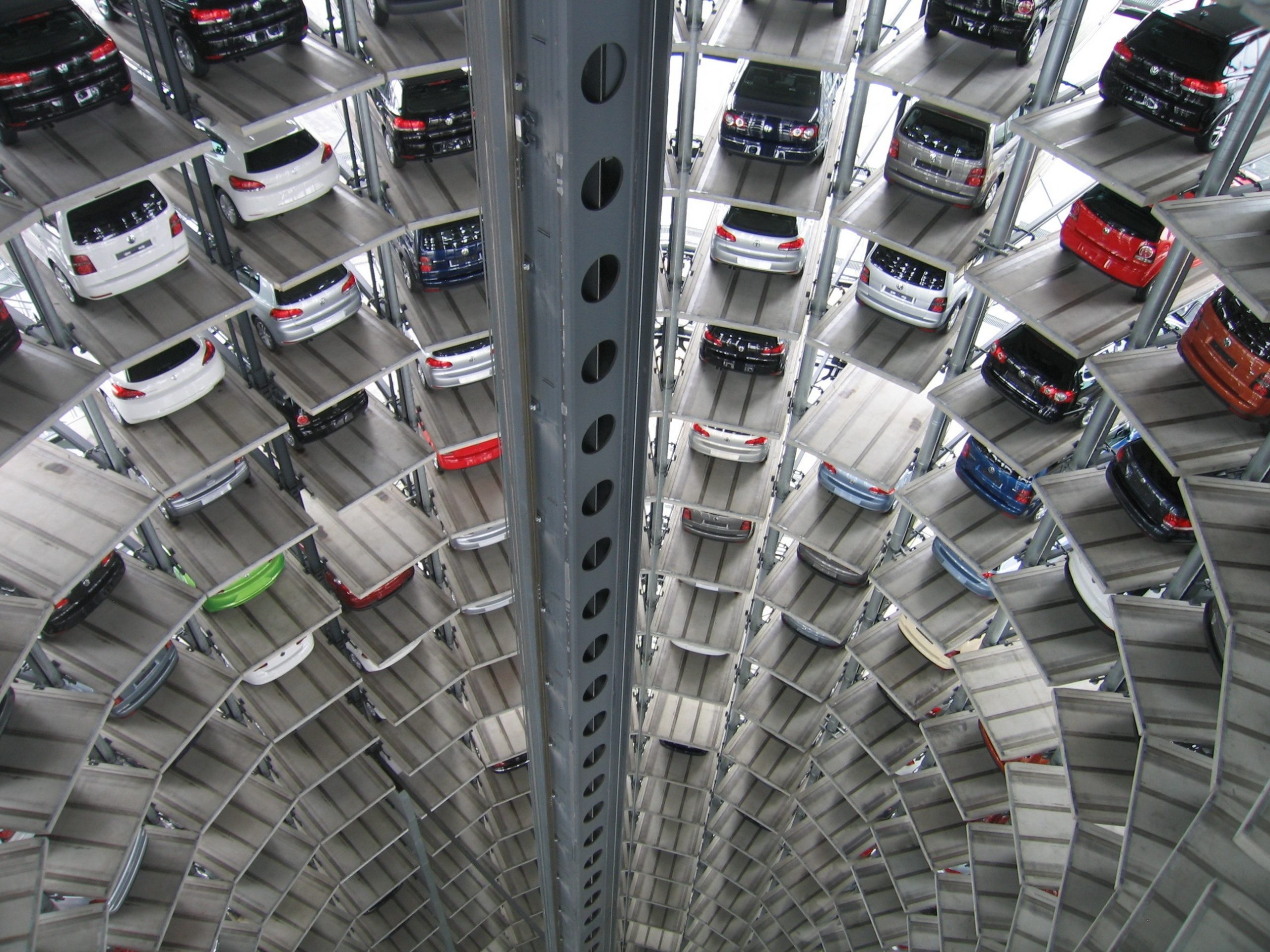Don't miss our holiday offer - 20% OFF!

Read also: Central Soil Moisture Sensors: Enhancing Early Flood Detection
In the rapidly evolving digital era, technology has brought positive impacts to various aspects of life, including parking management and experiences. The phenomena of congestion and the difficulty of finding parking spaces have become significant challenges in many metropolitan cities. However, with technological advancements, the concept of smart parking has emerged as a solution to address these issues. In this article, we will explore how smart technology has transformed our interactions with parking spaces, providing users with a better, more efficient, and convenient experience.
Contents
Why Smart Parking?

Read also: Smart EWS: Enhancing Speed and Accuracy of Response
With the continuously growing global population and the increasing number of vehicles, parking has become a major issue in many cities. The time wasted searching for parking spaces not only disrupts daily routines but also contributes to traffic congestion and air pollution. This is why a more intelligent approach is needed for parking management. Smart parking technology utilizes various sensors, software, and data to monitor and manage parking spaces more efficiently.
How Does Smart Parking Work?

Read also: How Air Pollution Sensors Work in Smart Cities
Smart parking technology typically involves the use of sensors in parking spaces, both on the street and in parking structures. These sensors can detect whether a parking spot is vacant or occupied. The data from these sensors is collected and sent to a platform accessible through a mobile application or website. Users can easily check real-time parking space availability and even make reservations in advance. Additionally, intelligent algorithms can provide recommendations for the best routes to available parking spots, saving time and fuel.
Benefits of Smart Parking Technology

Read also: Optimizing Office Energy Use with Smart Technology
The implementation of smart parking brings various significant benefits. Firstly, it enhances user experience by minimizing the time spent searching for parking, thus reducing stress and discomfort. Moreover, users can save fuel and reduce greenhouse gas emissions due to shorter driving times. On the management side, smart parking allows operators to optimize parking space utilization and gather data on parking patterns, which can be used for better decision-making in urban infrastructure development.
Conclusion

Read also: Security and Preparedness Enhanced by Smart EWS Technology
Smart parking serves as a concrete illustration of how intelligent technology can reshape how we engage with our environment, even in routine tasks like parking. Through the utilization of sensors, software, and data, it offers a potent resolution to intricate parking challenges. Elevated user experiences, improved traffic flow, and favorable environmental effects stand as proof that the era of intelligent parking has dawned. As a society increasingly interconnected, we should embrace this transformation wholeheartedly, as it represents the initial stride toward more astute and sustainable urban centers.





